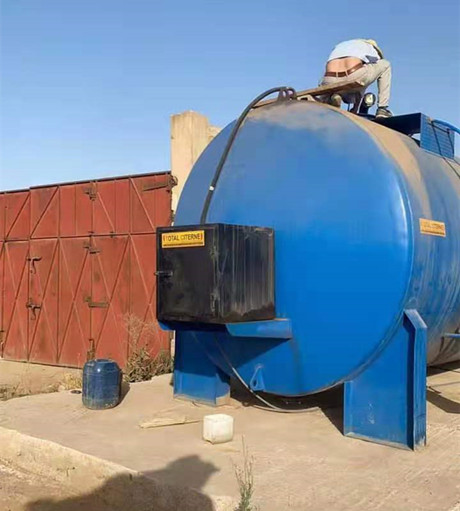Why Capacitive Fuel Tank Level Sensors Work Fine in Low Temperature
Regarding our capacitive fuel tank level sensor HPT621, we received a question from our customer,"Has your product HPT621 been tested in different temperature environments and different altitudes? The environment in Peru is diverse, how do your sensors maintain performance in extreme environments?
His main concern regarding our capacitive fuel tank level sensor is whether the low ambient temperature will affect its performance, whether it can operate normally and maintain accuracy and stability in an extremely harsh environment.
Our sensors undergo high and low temperature tests before ex-factory. The purpose is to assess its adaptability to sudden changes in ambient temperature. The tests are indispensable in the appraisal test of the design and finalization of the liquid level sensor and the routine test in the batch production stage.

If you have the concerns that the test in the laboratory may not be able to withstand the test in practical applications. Then you can rest assured that our Russian customers have always given us feedback that the product still performs great in the continuous low temperature environment. The accuracy and stability are not affected by low temperature. HPT621 has a wide design temperature range. The standard model is from -30°C to 85°C, and twice of temperature compensation shall be done. Within this range, the temperature drift is very small and almost negligible.
Capacitive fuel tank level sensor HPT621 use 316 stainless steel welded shell which enables it suitable for harsh environments and various measuring media, such as petroleum, fuel. The all-welded enclosure has passed the internal test of the helium leak tester to ensure proper protection.





